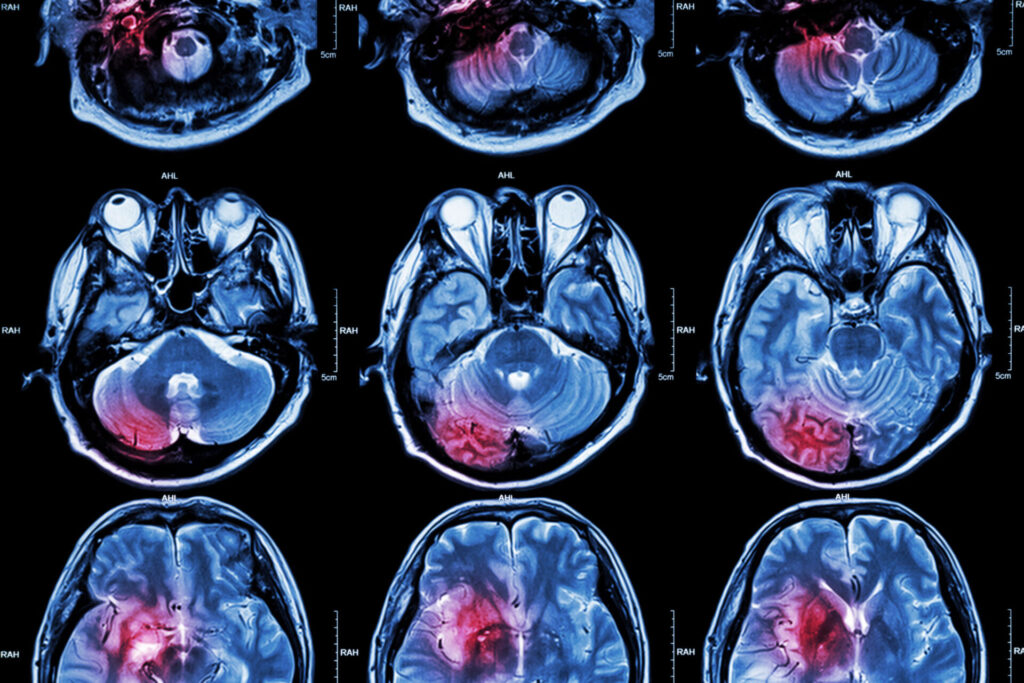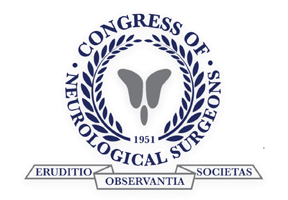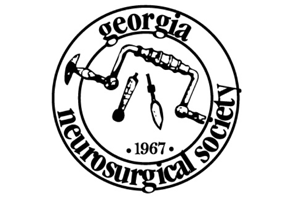
The brain is the most remarkable organ in the human body. Weighing in at 3 pounds and consisting of 60% fat, the brain controls everything in the body, from thought and memory to emotion, sensory reception, breathing regulation, movement, and every other bodily process.
Therefore, interference from something like a brain tumor can lead to certain process dysfunctions. The brain is a large organ, and a tumor can develop anywhere. Because there are four lobes of the brain that each serves specific purposes, a tumor on the frontal lobe might cause symptoms that differ from a tumor on the temporal lobe.
Let’s look at the overall symptoms of a tumor on the brain, as well as more specific signs that could point to tumor development.
General Brain Tumor Symptoms
There is only so much room between your skull and your brain, so when tumors develop, they often create “raised intracranial pressure.” This pressure can lead to general symptoms like:
- Headaches that grow worse over time
- Seizures
- Sickness that is congruent with the headaches
- Bouts of drowsiness or temporary unconsciousness
- Vision impairment like blurriness, floaters, and tunnel vision
- Deviation in personality and behavior
These symptoms by themselves are not immediate warning signs, but a patient who experiences most or all of them at similar times should consider the possibility of a brain tumor.
Specific Symptoms Based on Each Lobe of the Brain
Patients can develop specific symptoms of a brain tumor depending on where it grows in the brain.
Signs of a Brain Tumor on the Frontal Lobe
The frontal lobe controls a person’s personality and movement. A tumor in this part of the brain can cause:
- Issues with physical movement
- Visual and olfactory complications
- Speech issues
- Body weakness
- Personality changes
Signs of a Brain Tumor on the Temporal Lobe
The temporal lobe controls memory function and sound processing. A tumor in this part of the brain can cause:
- Memory loss, usually short term
- Speech and auditory issues
- Auditory delusions (hearing voices that are not there)
Signs of a Brain Tumor on the Parietal Lobe
The processes for storing knowledge and recognizing objects come from the parietal lobe. A tumor in this section can cause:
- Speech complications
- Dysfunction with reading and writing
- Partial feeling loss within the body
Signs of a Brain Tumor on the Occipital Lobe
The occipital lobe controls vision. A tumor in this section can cause:
- Visual complications
- Interference with processing color and object size
Physical and mental dysfunction are serious issues. If you or a loved one are experiencing complications that could indicate a brain tumor, speak with the specialists at Georgia Neurological Institute . We offer the latest advancements to diagnose and treat tumors successfully. Schedule an appointment with us today: 478-743-7092
Thank you for checking out part 1 of our 3-part blog series on brain tumors. Stay tuned for next month’s blog:
- Signs of a Brain Tumor, Part 1: The Four Lobes
- Signs of a Brain Tumor, Part 2: The Cerebellum and Brain Stem
- Signs of a Brain Tumor, Part 3: The Glands







